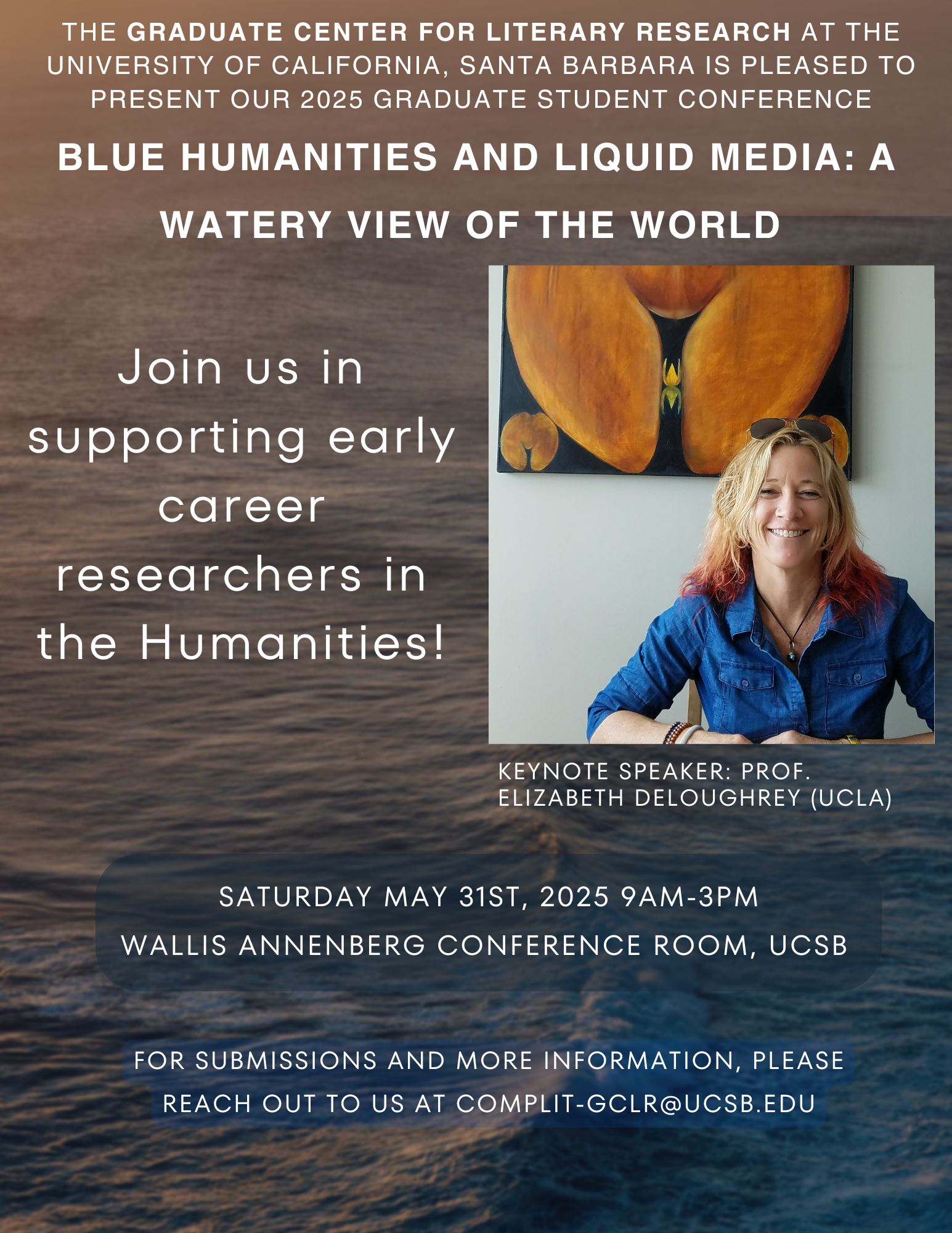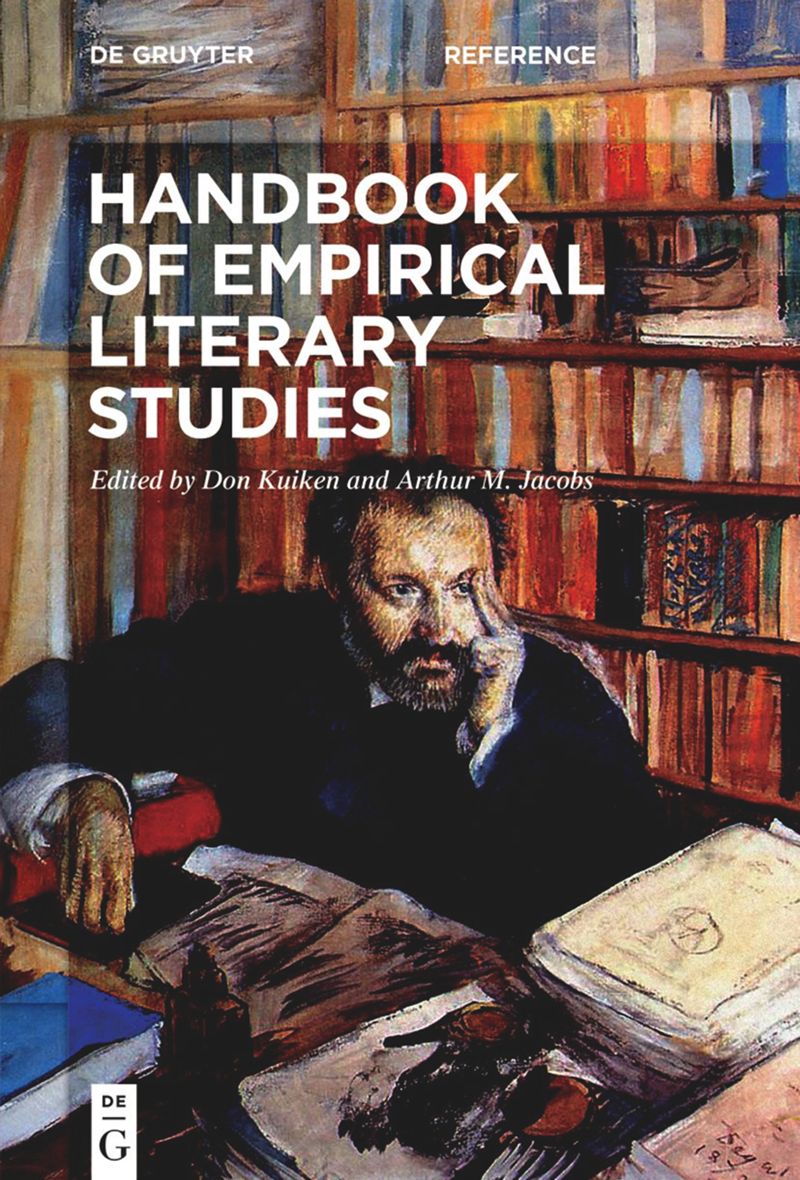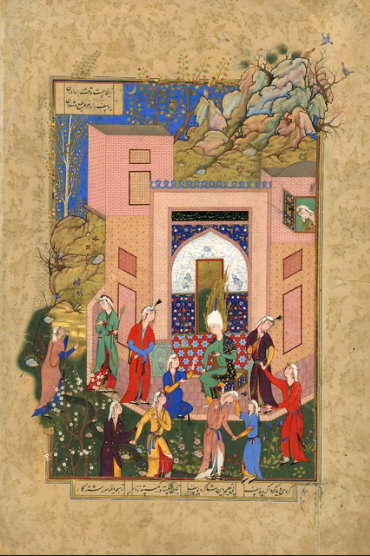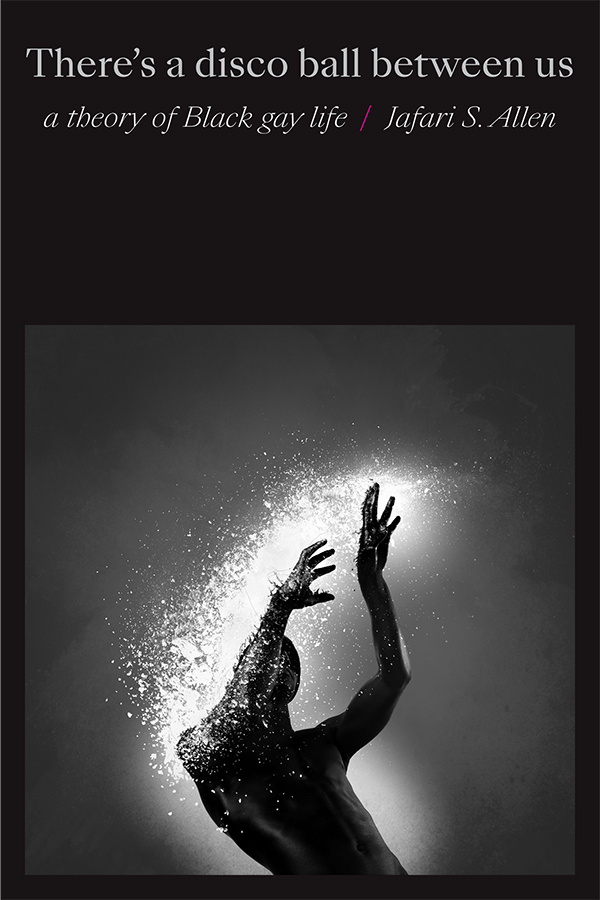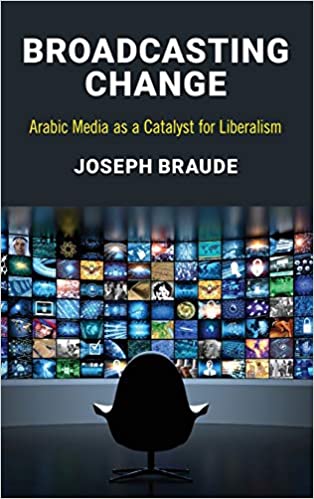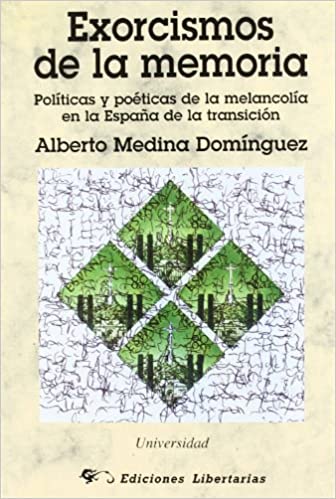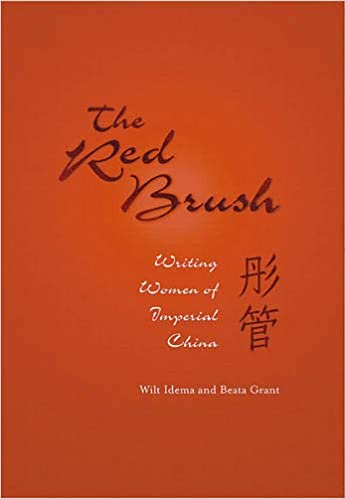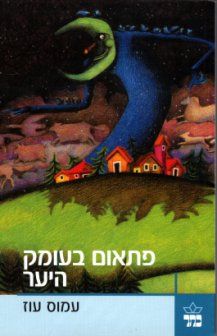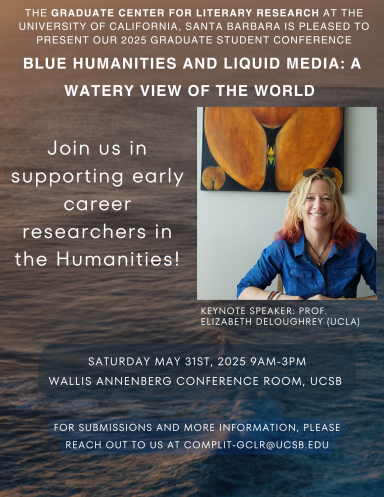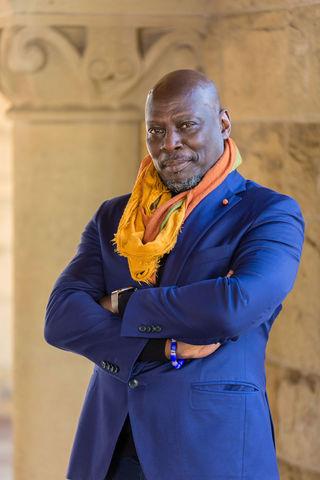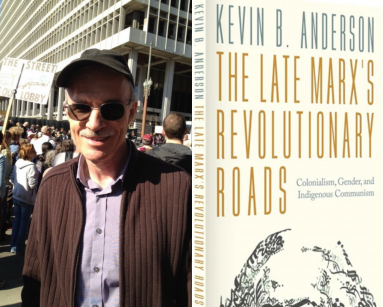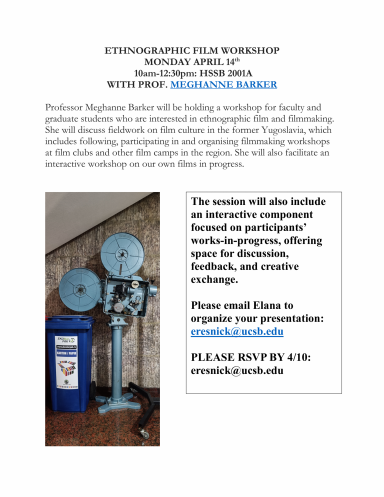Please join us on Friday, May 16th from 4-6pm in the Wallis Annenberg Conference Room (SSMS 4315) for Prof. Ato Quayson's delivery of the 2025 GCLR Distinguished Guest Lecture. Prof. Quayson's talk is entitled "Interdisciplinarity and Interpretation: A Comparative Method" and you can find a brief description for it below. We hope to see many of you at this exciting event!
Different institutional arrangements have historically been devised to house and support what is described as interdisciplinary work, including in the form of entire universities, specific schools and departments, standalone institutes and centers, and survey courses firmly lodged within disciplinary curricula, to name just a few. At the core of the efforts at interdisciplinarity are two central principles: first, that of integrative epistemologies that might be applicable to all fields of learning, including the sciences, the social sciences, the humanities, and the arts. The second principle is that of unified or collaborative modes of knowledge that might be deployed for addressing real-world problems, such as environmental degradation, increasingly complex cities, water shortage and its management, public health crises, migration and refugees, international security, and the vagaries of globalization, to name just a few that have captured headlines since the Covid pandemic. While discussing these first ideas of interdisciplinarity, Prof. Quayson will be introducing a third aspect, namely, the protocols of proposition making that emerge from different disciplines and ground them as disciplines as such. Understanding the different protocols of proposition making that apply in different disciplines is fundamental to what we understand as comparative studies of different kinds, ranging from the literary, to the social, to the urban, etc. He will then spend some time elaborating a supple comparative method from this understanding.


